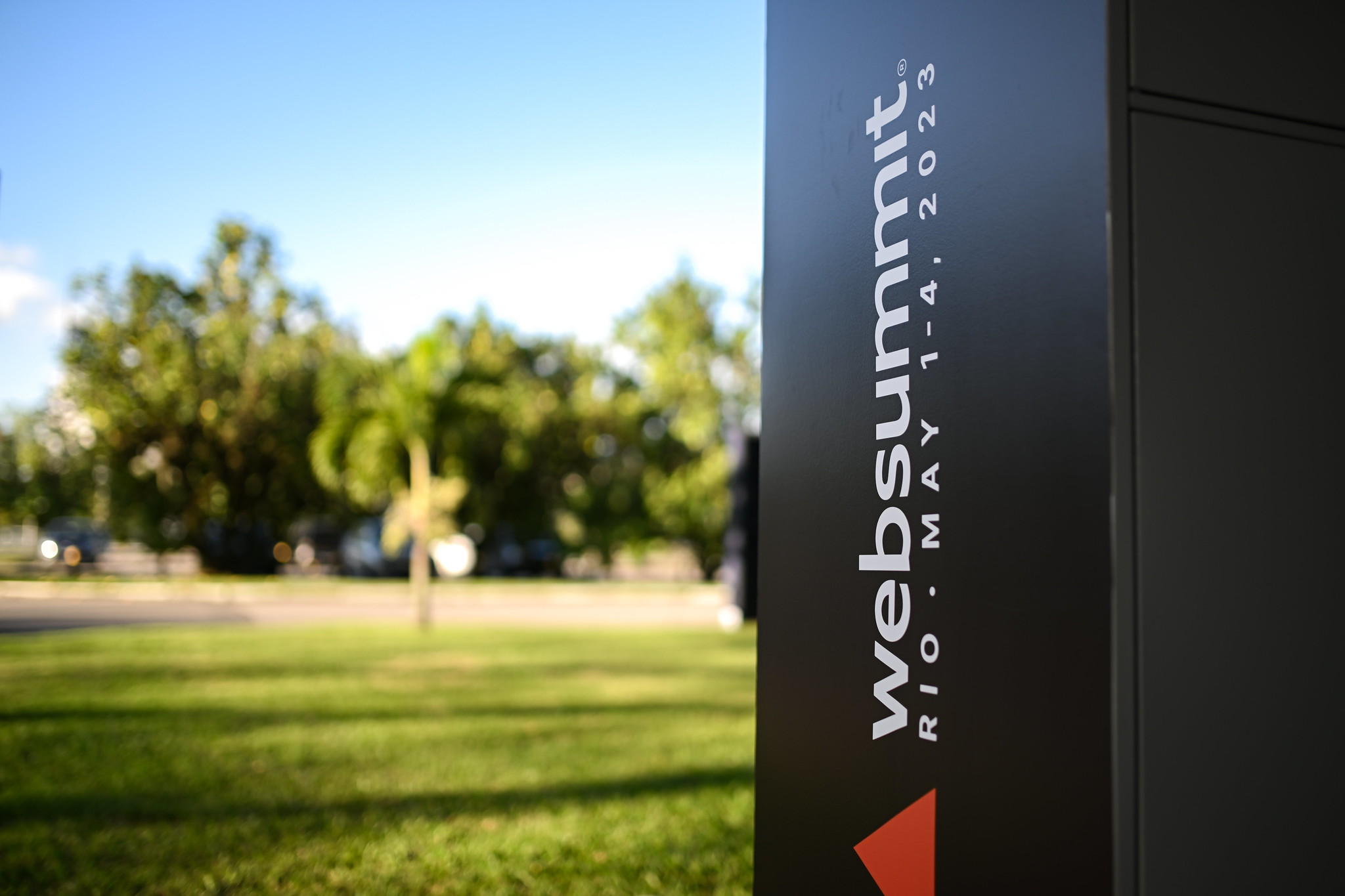
Brazil’s home-grown heroes, as they told it

Web Summit Rio brought together some of the brightest minds in tech, society and more. Here are some of the homegrown leaders and emerging companies shaping the future of Brazil.
From fast food and beauty brands to cybersecurity and no-code dev tools, we’re celebrating the Brazilian founders and CEOs who have inspired and informed Web Summit Rio 2024 audiences over the past three days.
In their own words, hear from Zamp CEO and president Ariel Grunkraut, Boca Rosa founder and CEO Bianca Andrade, deco.cx co-founder Guilherme Rodrigues (the winner of PITCH, powered by the Ministry of Science, Technology and Innovation), Manycontent co-founder and CEO Bruno Mello, and Incognia founder and CEO André Ferraz, about their individual journeys to success.
To buy online or not to buy online, that is the question
Ariel Grunkraut, CEO and president of Zamp – the owner and operator of the Burger King franchise in Brazil – talked about the growing preference for customers to order their food digitally rather than from humans, with digital sales now accounting for more than 50 percent of Burger King’s overall sales in Brazil.
“Today, 50 percent of Burger King sales in Brazil are digital. So we don’t interact with guests anymore – we have the app, we have the self-ordering kiosk, and we have the delivery,” said Ariel.
“The interesting thing is that, in Brazil, guests prefer to do interactions with the technology rather than doing the interaction with the crew member. So, when we realised that, we started to change the stores to what we call 100-percent digital stores.”
The CEO talked about how other sectors – including banking and streaming entertainment – have been using data for years to understand their customers’ digital and online interactions, and about how Zamp set about doing the same.
“The idea was, ‘why don’t we get the data?’. So we launched a loyalty program. It was the first time Burger King in the world launched a loyalty program. So we get a lot of data, and then we have to identify ‘how can we scale that?’.”
The hard work paid off: “The loyalty program today accounts for 40 percent of all of the sales of Burger King Brazil,” revealed Ariel.
Bianca Andrade: From favela to Forbes Top 10
Bianca Andrade is one of Brazil’s biggest social media influencers, with nearly 30 million followers across Instagram, YouTube and TikTok. Coming from the favelas of Rio, Bianca was recently named as one of Forbes top 10 Brazilian creators.
On stage at Web Summit Rio, Bianca talked about starting out as an entrepreneur and about how her life before success makes her think about the social impact of her business.
“Since I started, I always thought about how I could give back to my community. I understand that I need to do something good for people with the influence I have today,” said the beauty influencer.
“Social networks bring an absurd benefit to business, but if we’re not aware of how much they can harm our mental health, we will not be able to follow our strategies.
“We get tired of seeing things as perfect, and I learned not to be a toxic influencer by being public. It is important to have self-awareness … Values are above numbers.”
Fighting the cybercriminals using GenAI to recreate your voice and likeness
Generative AI has been making headlines as a tool with all kinds of potential, but André Ferraz – founder and CEO of location identity firm Incognia – warned of the negative use of this technology by cybercriminals.
“ChatGPT and other solutions like this are enabling these scammers to be way more effective in two ways. The first one is scaling out their operations, so they’re able to create multiples of these messages and emails for different users very effectively, and with a lot of personalization.”
André went on to explain that biometric systems including face recognition and voice recognition are now under threat because criminals can capture an image of an individual from social media and use AI to animate that image, so it appears to be live footage.
“[At Incognia] we start from very basic principles, which are ‘for every online transaction, you’re always doing this from a digital device and from a physical location’. And this is all that matters to us,” explained the founder.
“So we focus on understanding these two things. Which device are you using? And where are you? And based on that, we can determine the level of risk.”
The evolution of no-code tools
Guilherme Rodrigues, co-founder of PITCH-winning Brazilian startup deco.cx, talked about the growing no-code movement, and how it is advancing beyond simple drag and drop options to cater to more advanced needs.
“When you think about websites, you generally think about no-code tools like Wix and WordPress and Shopify. But the typical high-volume, content-heavy enterprise site is performance sensitive, dynamic, personalized, fast-evolving and very complicated,” said Guilherme.
“Think about large teams like Hearst and Whirlpool. No -code is not enough for them.”
Speaking about deco.cx, the founder said it “offers the best of both worlds in one tool: the business autonomy of a local solution and the total customization for developers who have full code ID”.
And the startup is growing fast: “This team has driven some great results. Just in the last 10 months, we went from three sites to 56 sites in production, serving some of the leading brands in Brazil.”
AI-powered social media scheduling
Bruno Mello is co-founder and CEO of Brazilian startup Manycontent, a social media startup that uses AI to figure out bespoke social media strategies while creating and scheduling content.
“Creating incredible social media is hard for most businesses. It doesn’t matter the size of the business. Manycontent can understand your business, your audience and your competitors to start to create unique content,” Bruno said.
The founder explained that, through official partnerships the startup has with all the major social media platforms, it can schedule posts automatically using AI.
“2024 is gonna be awesome for us. Manycontent was launched in 2018, we have more than 14,000 users, but we are still 100-percent bootstrapped,” said Bruno.
“We’ve never had any kind of investment until now … This year we’re going to triple our size.”
After three days of engaging speakers and inspiring content, Web Summit Rio 2024 has come to an end. Get ready for Web Summit Rio 2025 – book your tickets now!
Main image of Bianca Andrade, founder and CEO of Boca Rosa, on Center Stage at Web Summit Rio 2024: Web Summit (CC BY 2.0)

